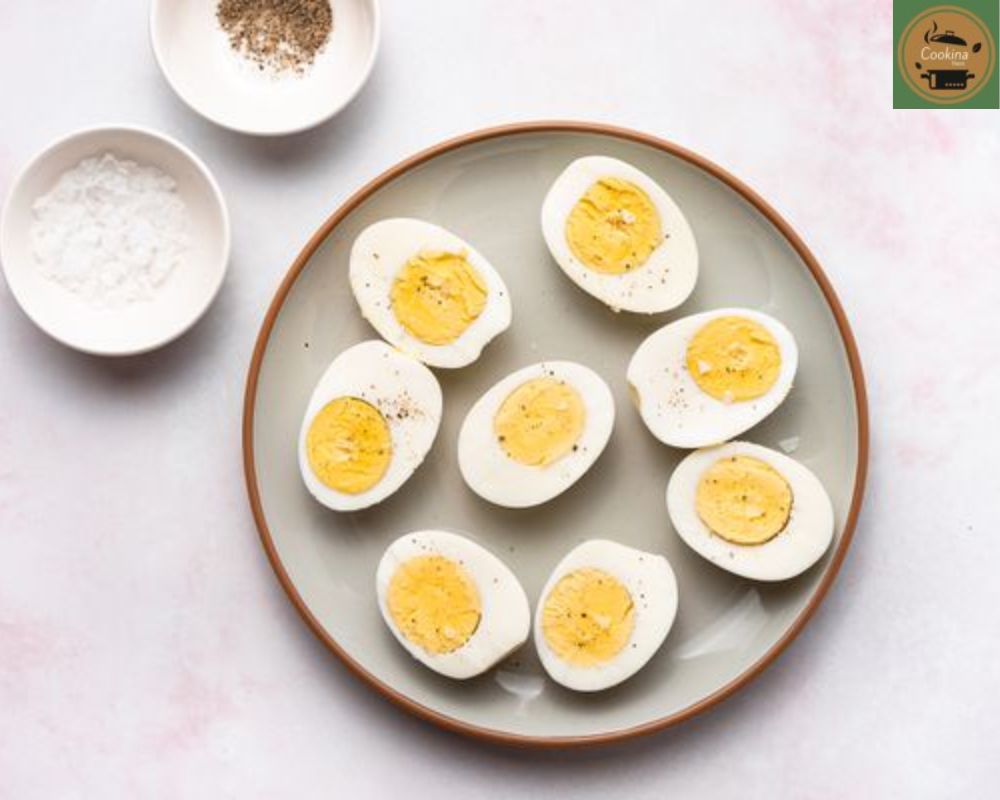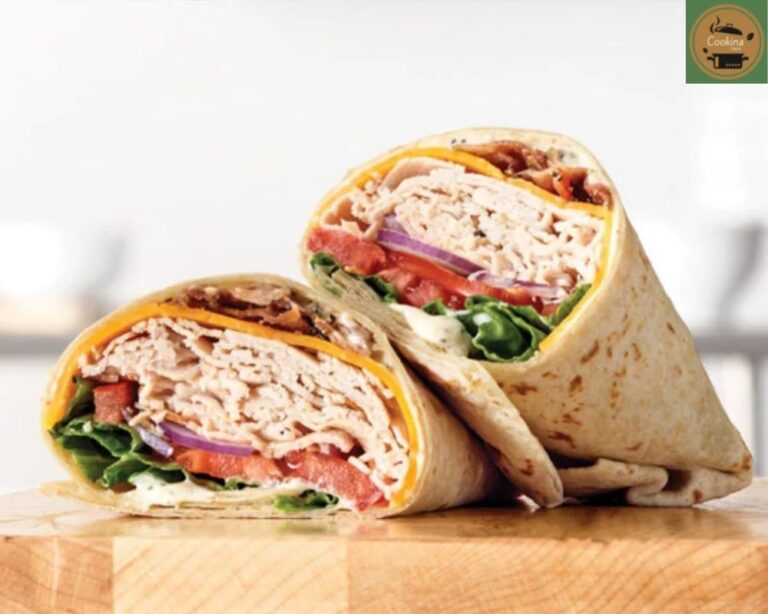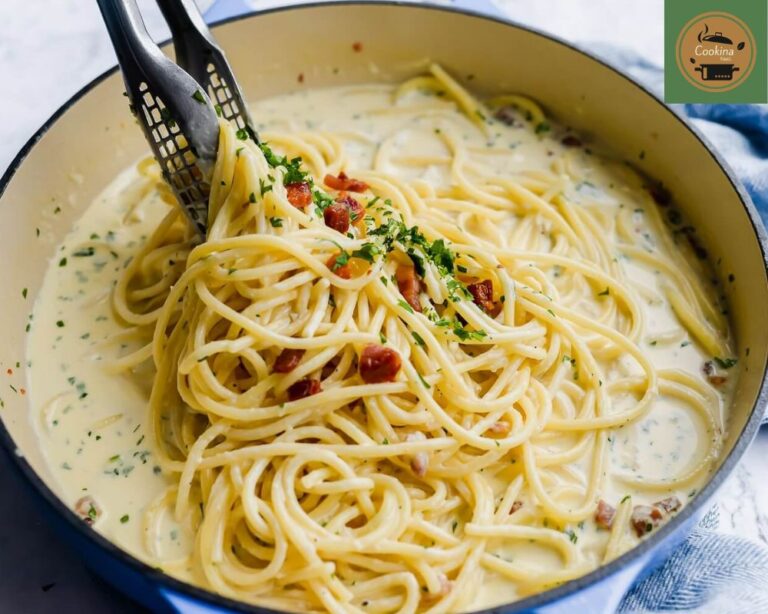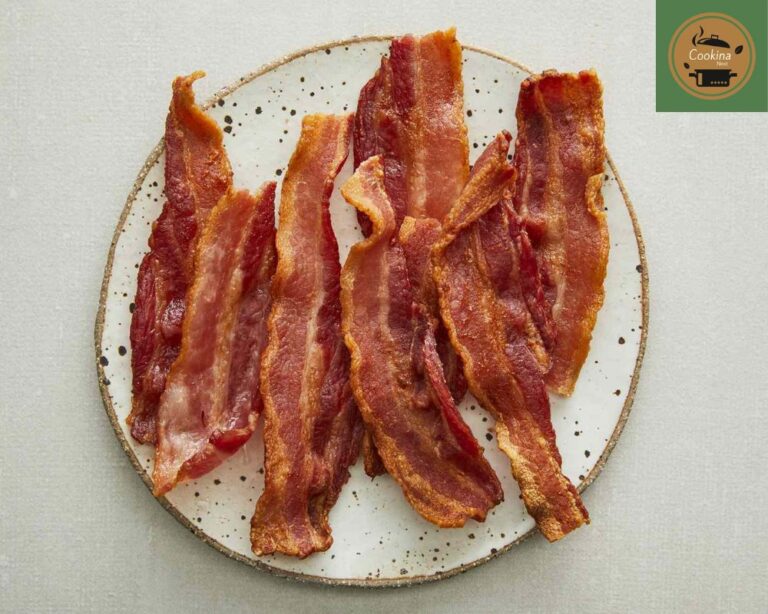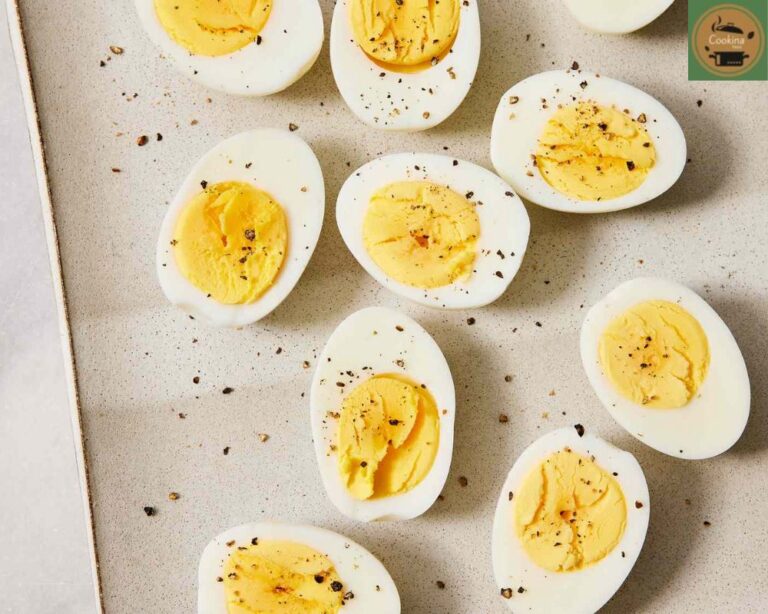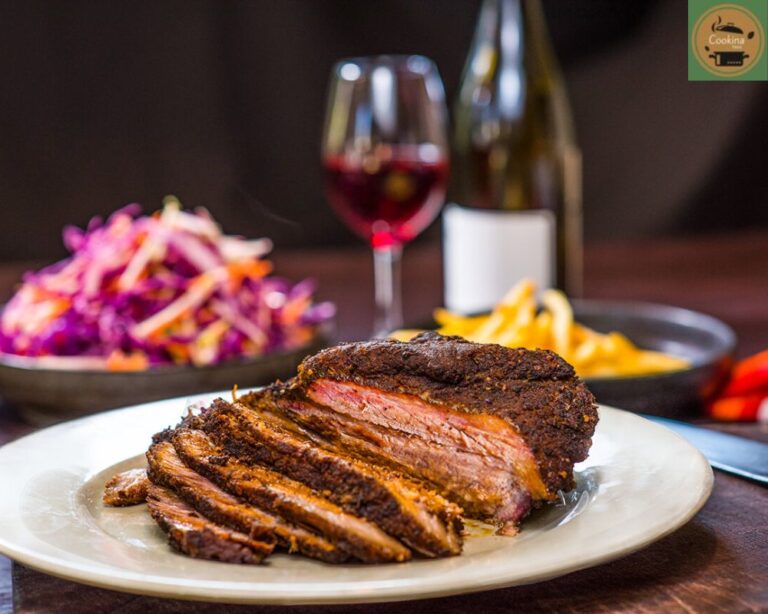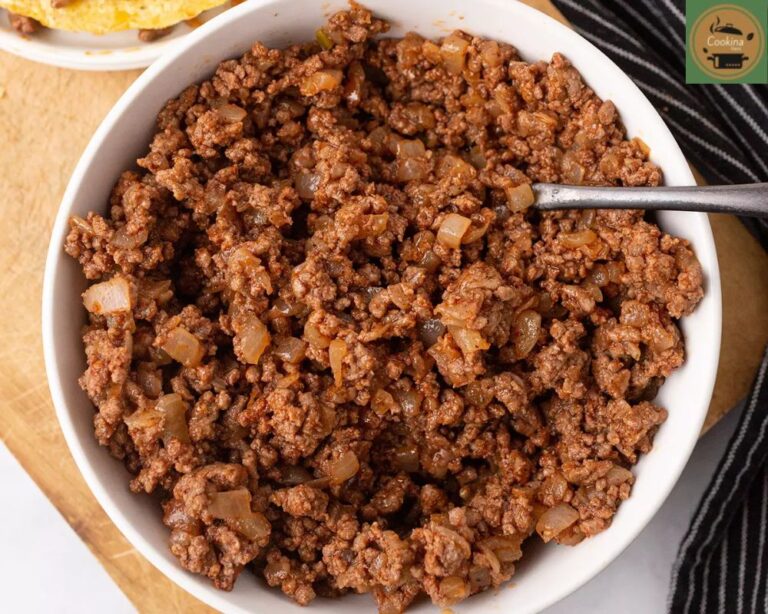Frozen Chicken Eggs Recipe: A Complete Guide
Frozen Chicken Eggs Recipe are a cost saver and a waste minimizer in these absurd days of egg prices. Eggs last a year when they are frozen properly, and you will never have to worry about running out of this great ingredient to include in your cooking and baking. You’re not only free to utilize these reserved eggs in omelets and scrambled eggs but in pancakes, cakes, and casseroles as well.
Freeze eggs for baking and cooking in a number of ways, such as muffin pans, freezer-safe silicone cups, ice cube trays, or zip-top freezer bags. And yes, egg whites beaten from the frozen position are faster than fresh whites, so they’re perfect for meringues and frostings. All of this guide will show you how to freeze eggs and how to use thawed eggs.
Ingredients For Frozen Chicken Egg
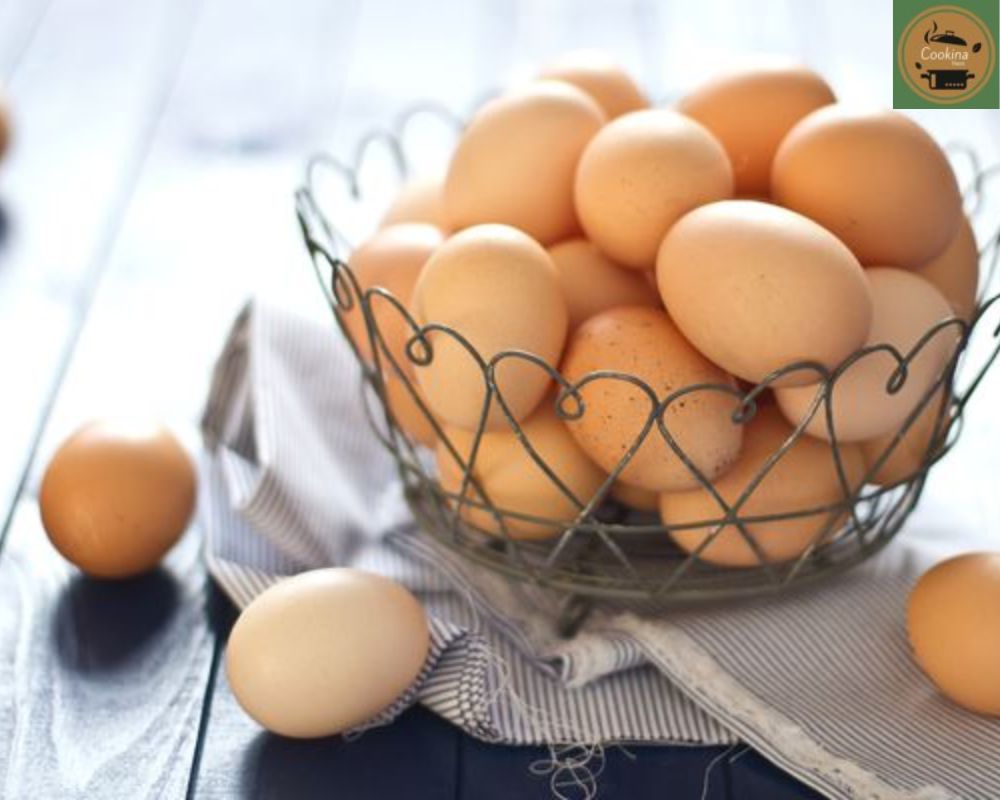
To prepare to freeze eggs, you will need remarkably few ingredients aside from eggs themselves. Begin with fresh, clean eggs – and preferably ones collected the same day for the best results. The main ingredient requirements vary, depending on which parts of eggs you’re freezing:
For whole eggs: Fresh eggs with no additional ingredients
For egg whites: Nothing else is required
For egg yolks: Salt or sugar
If freezing the yolks, you will have to add salt or sugar so that they won’t gelatinize. Specifically for savory dishes, add ⅛ tsp salt per ¼ cup yolks
Otherwise, for desserts, add 1 1⁄2 tsp sugar per ¼ cup yolks.
For whole beaten eggs, a pinch of salt (⅛ teaspoon per cup of eggs) is added by some sources to help with freezing texture. Most successful freezers skip this and have no problems.
In addition to eggs and any additions you want, you’ll need appropriate storage containers:
Ice cube trays (great for portioning)
Muffin tins (great for whole eggs)
Silicone baking cups
Plastic egg cartons
To make them easier to remove after freezing, lightly spray non-silicone containers with cooking spray if necessary. Silicone containers usually require no such treatment since eggs frozen in them pop out more easily. Remember that three tablespoons of beaten egg mixture are equivalent to roughly one whole egg. Consequently, measuring this into each compartment in ice cube trays provides ideal single-egg servings to use later.
Eggs that are frozen at 0°F will keep for as long as 12 months, so this is great for keeping surplus during times of high production. Also, though eggs can be frozen in any state (whole, whites, or yolks), hard-cooked egg whites cannot be frozen as they become watery and fibrous.
Frozen Chicken Eggs Recipe
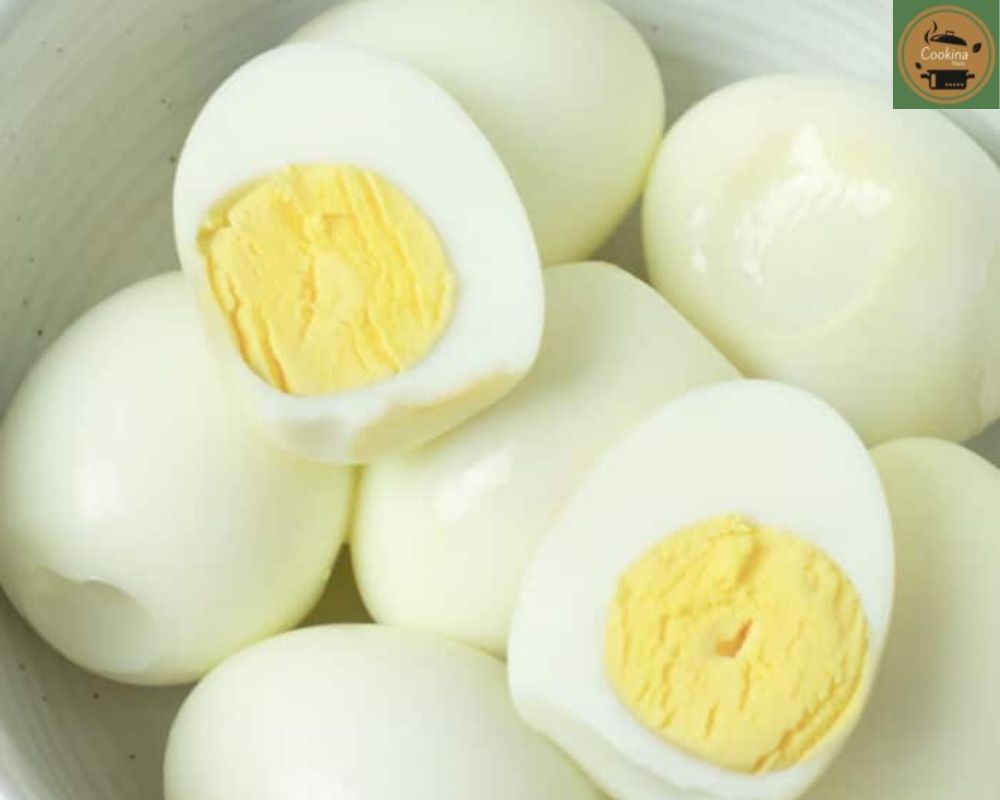
Preserving fresh eggs is surprisingly straightforward once you know the proper techniques. The basic method for freezing whole eggs takes just minutes and extends their shelf life up to one year.
Basic Freezing Method for Whole Eggs:
- Crack eggs into a bowl, being careful to check each egg’s freshness individually
- Gently stir the yolks and whites together without incorporating air
- For each cup of mixed eggs, add ½ teaspoon salt or 1½ tablespoons sugar (optional but recommended)
- Pour the mixture into freezer containers, leaving ½-inch headspace
- Seal tightly and freeze overnight
For easier portioning, utilize ice cube trays or muffin tins. Three tablespoons of egg mixture equals one whole egg, making it simple to measure for future recipes. For Freezing Whites Separately, Mix whites gently without whipping, then strain through a sieve before freezing. No sugar or salt is needed. Afterward, freeze in ice cube trays, two tablespoons equals one egg white.
For Freezing Yolks Separately: Stir yolks gently and add either salt (for savory dishes) or sugar (for desserts). This prevents the gelation that makes frozen yolks difficult to use. One tablespoon of yolk mixture equals one egg yolk. Initially, freeze eggs in their portioned containers. Subsequently, once solid, transfer to freezer bags for long-term storage, labeling clearly with:
- Date frozen
- Number of eggs
- Whether salt or sugar was added
Thawing Instructions Thaw frozen eggs overnight in the refrigerator or under cold running water. Use immediately after thawing and never refreeze previously frozen eggs. Interestingly, frozen egg whites actually whip better than fresh ones, making them ideal for meringues. Meanwhile, frozen whole eggs can be used exactly like fresh ones in cooking—whether for frying, scrambling, or baking.
Remember that eggs cannot be frozen in their shells as they will expand and break. Following these simple steps ensures you’ll have quality eggs available regardless of seasonal fluctuations in your supply.
Different Methods for Frozen Eggs
There are numerous creative ways to freeze eggs beyond basic methods. The container you choose can make a significant difference in portion control and ease of use.
Muffin Tin Method
Silicone muffin tins offer exceptional flexibility for freezing individual eggs. Each standard cup holds approximately one egg, making this perfect for portioning. Once frozen, pop the “egg pucks” out and transfer them to freezer bags. Moreover, this method works wonderfully for both raw and cooked scrambled eggs.
Ice Cube Tray Technique
For smaller portions, ice cube trays provide ideal individual servings. Each cube typically holds about 3 tablespoons of egg mixture (equivalent to one egg). Silicone trays particularly excel as they allow easy removal without breaking the tray. Accordingly, after freezing, transfer the cubes to labeled freezer bags.
Zip-Top Bag Method
If space efficiency matters, the zip-top bag technique shines. Place beaten eggs in a labeled freezer bag, then lay it flat on a cookie sheet while freezing. The eggs freeze into a thin sheet that takes up minimal freezer space, and you can break off exactly what you need.
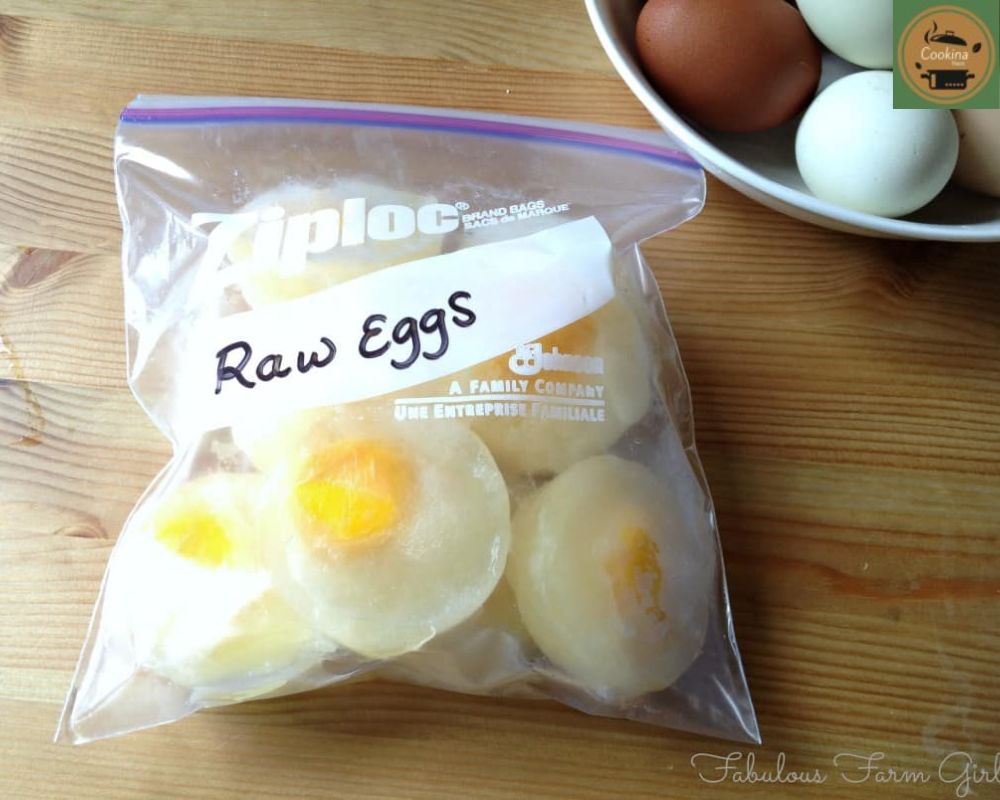
Specialized Approaches
Each method provides unique advantages depending on your needs. Rather than relying on a single approach, try various techniques to discover which works best for your cooking habits and freezer configuration.
Conclusion
Frozen Chicken Eggs Recipe certainly offers an excellent solution for preserving this versatile kitchen staple. Through proper techniques, you can extend the life of your eggs up to twelve months while maintaining their quality for cooking and baking. Whether you choose muffin tins for perfect single-egg portions, ice cube trays for smaller servings, or space-efficient zip-top bags, each method provides unique advantages based on your specific needs.
Remember that egg whites require no additives when freezing, while yolks need either salt or sugar to prevent gelation. By following the guidelines outlined in this article, you’ll always have this essential ingredient on hand regardless of seasonal availability or price fluctuations. Eggs frozen today can become tomorrow’s breakfast scramble, weekend pancakes, or holiday baking projects – all with the same great results you’d expect from fresh eggs.
FAQs
How much does freezing Chicken eggs cost?
Freezing chicken eggs typically costs $500 to $1,000 for the collection and freezing process. Annual storage fees range from $100 to $600 depending on the facility. Prices may vary based on location and clinic services.
Does insurance cover freezing Chicken eggs?
Insurance coverage for egg freezing varies. Elective egg freezing is often not covered, as it’s considered non-essential. However, some employer-sponsored plans and certain state mandates in the U.S. may offer coverage, especially for medically necessary cases. It’s essential to consult your insurance provider to understand your specific benefits.
Do freezing Chicken eggs stop periods?
Freezing chicken eggs (oocyte cryopreservation) does not stop periods. Your menstrual cycle continues normally after the egg retrieval process. Periods may only be temporarily affected during hormone treatment but return afterward.

